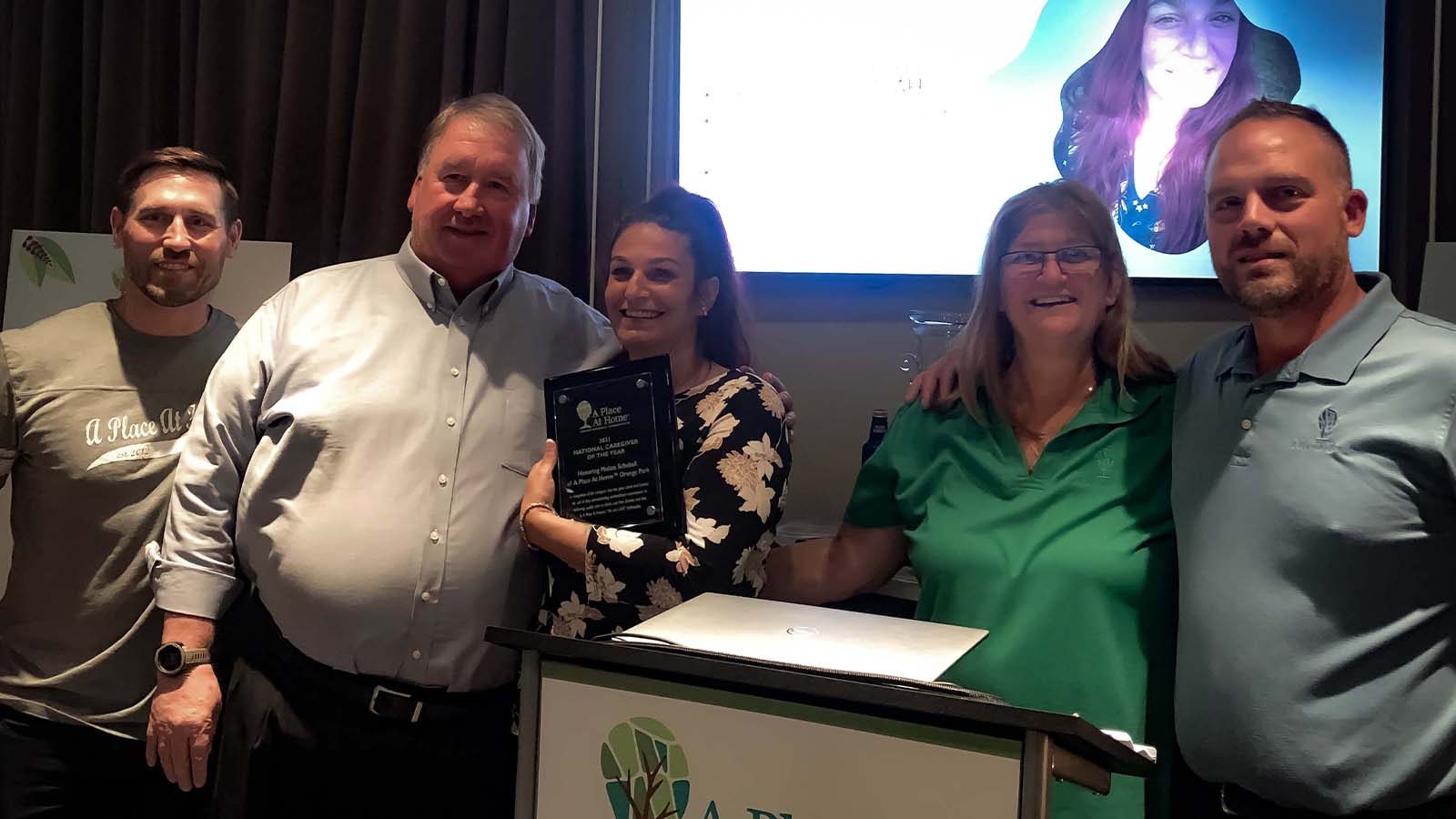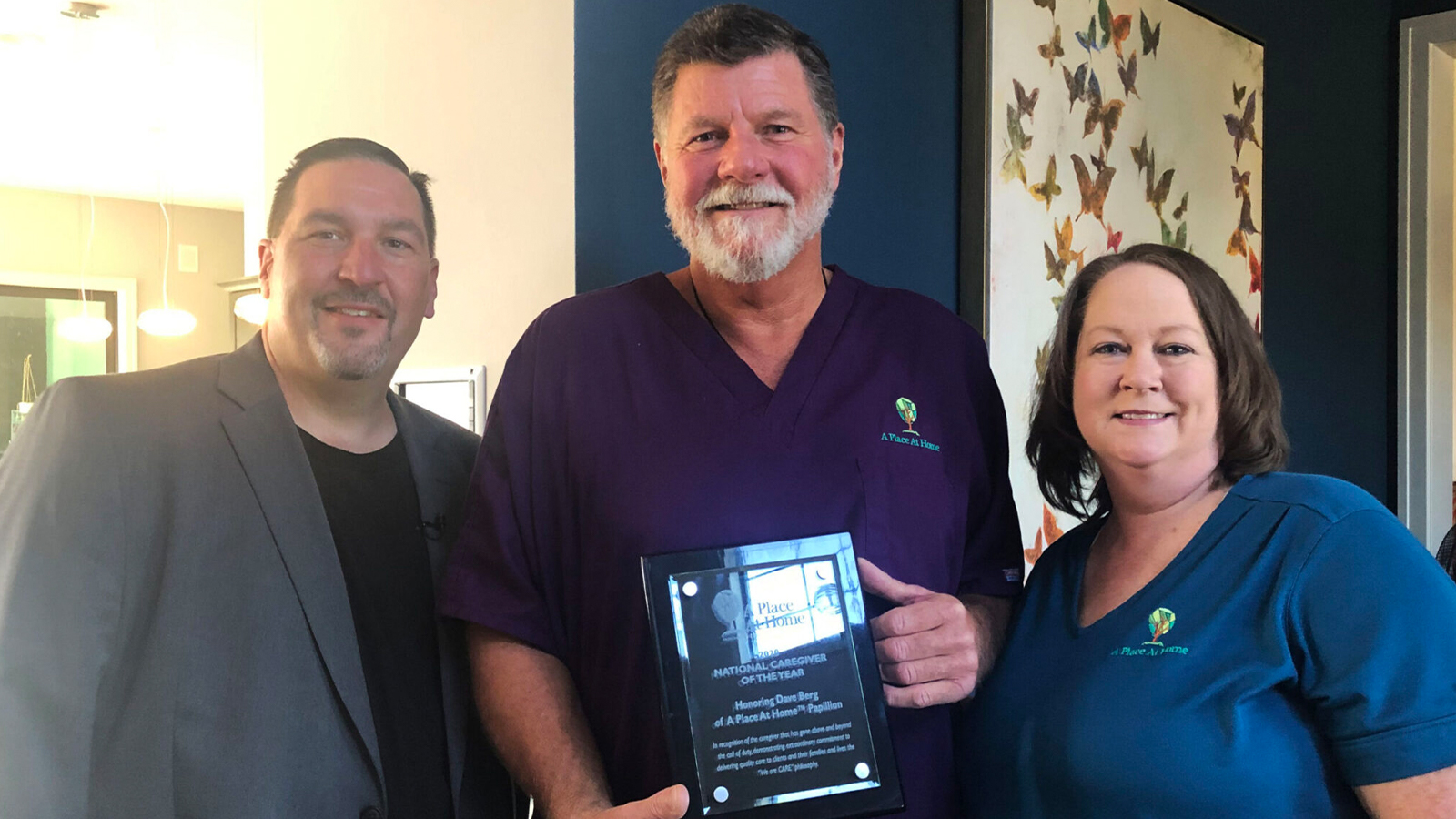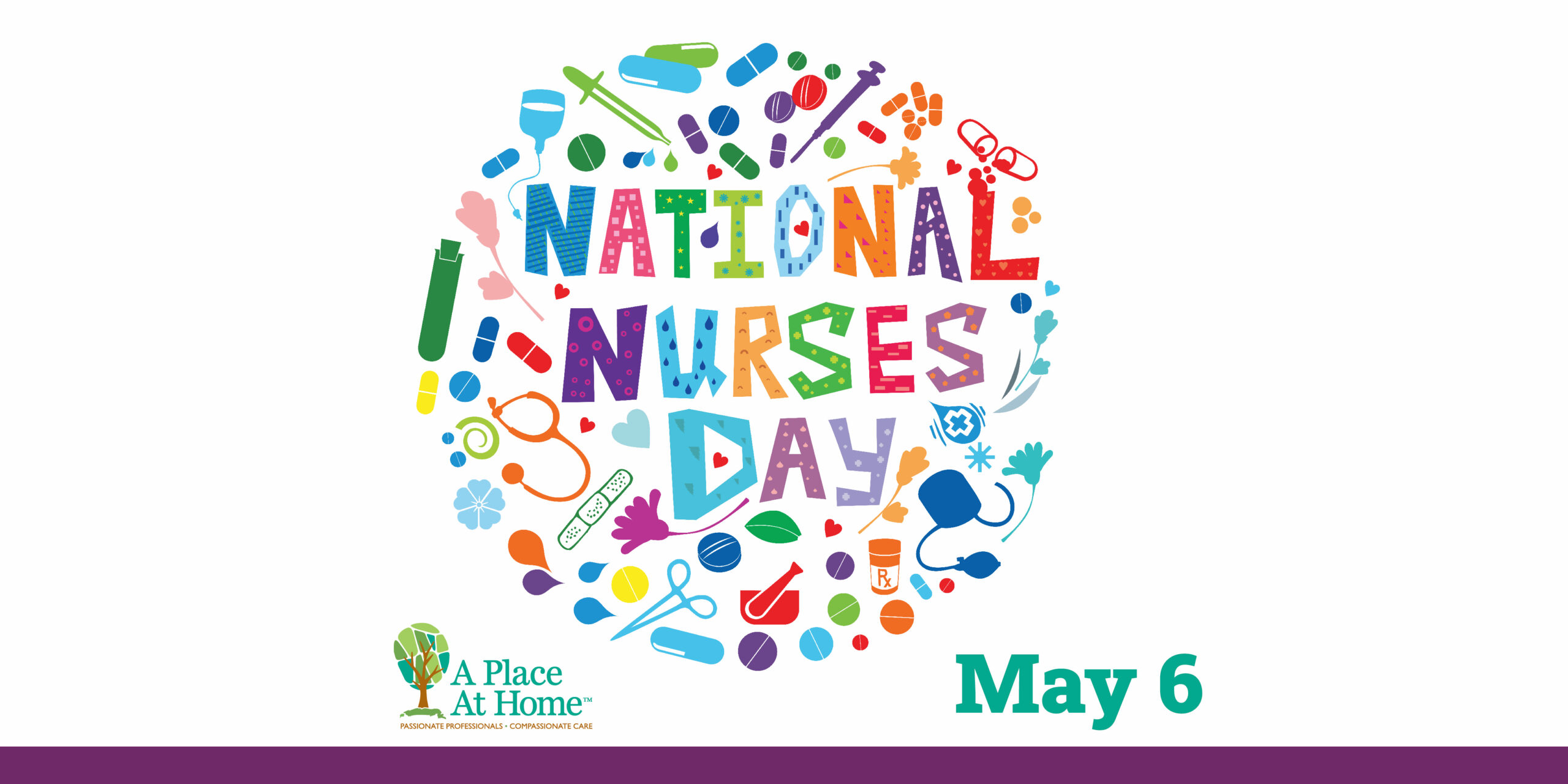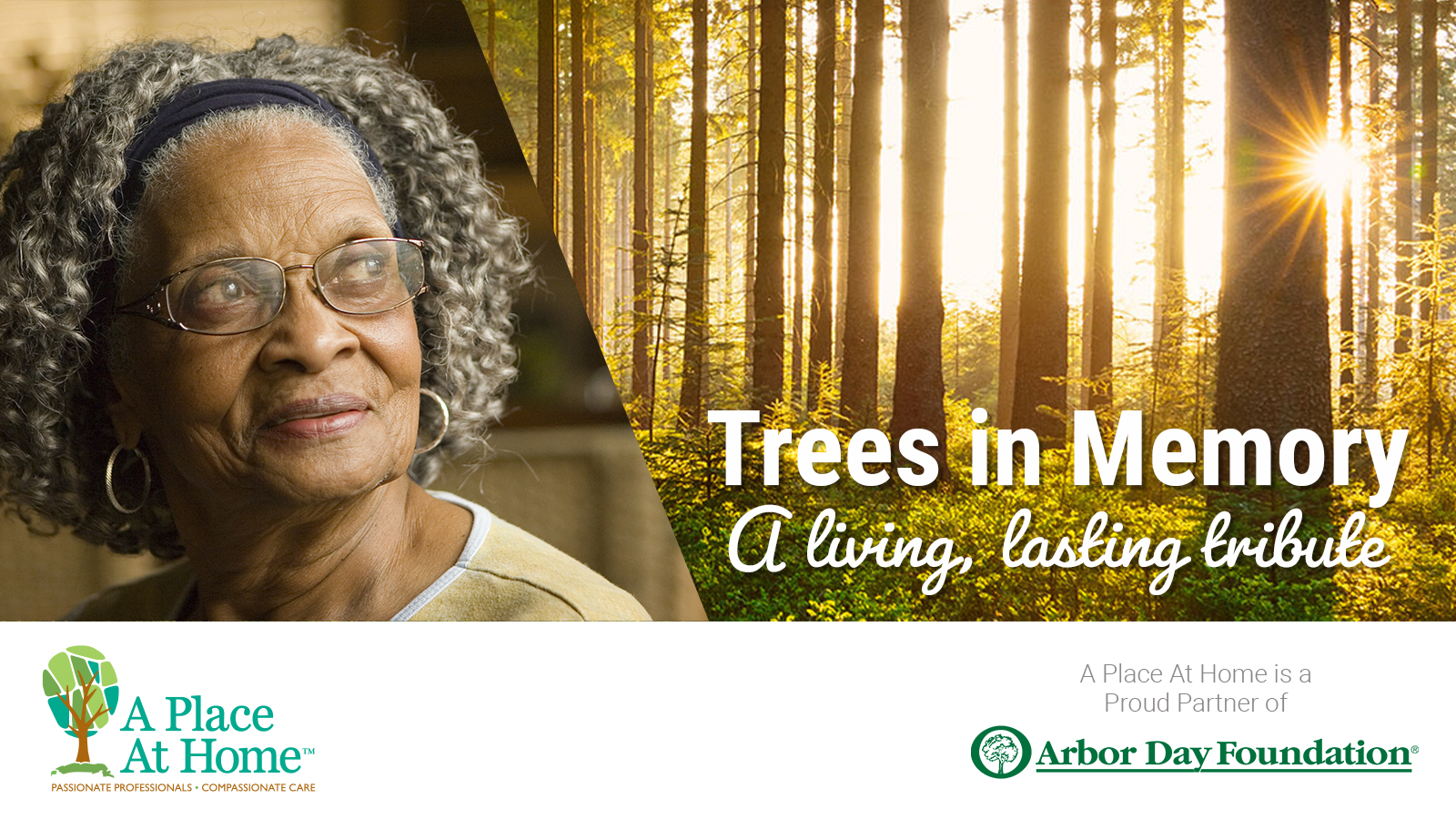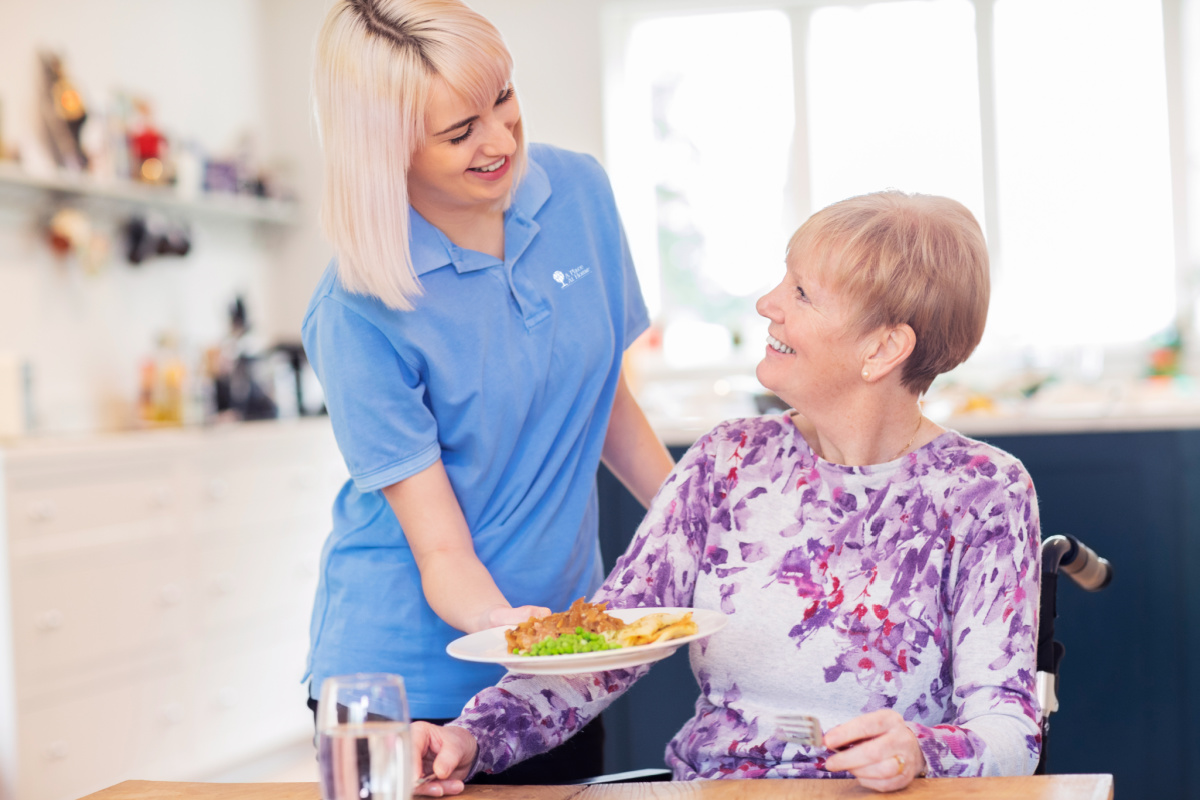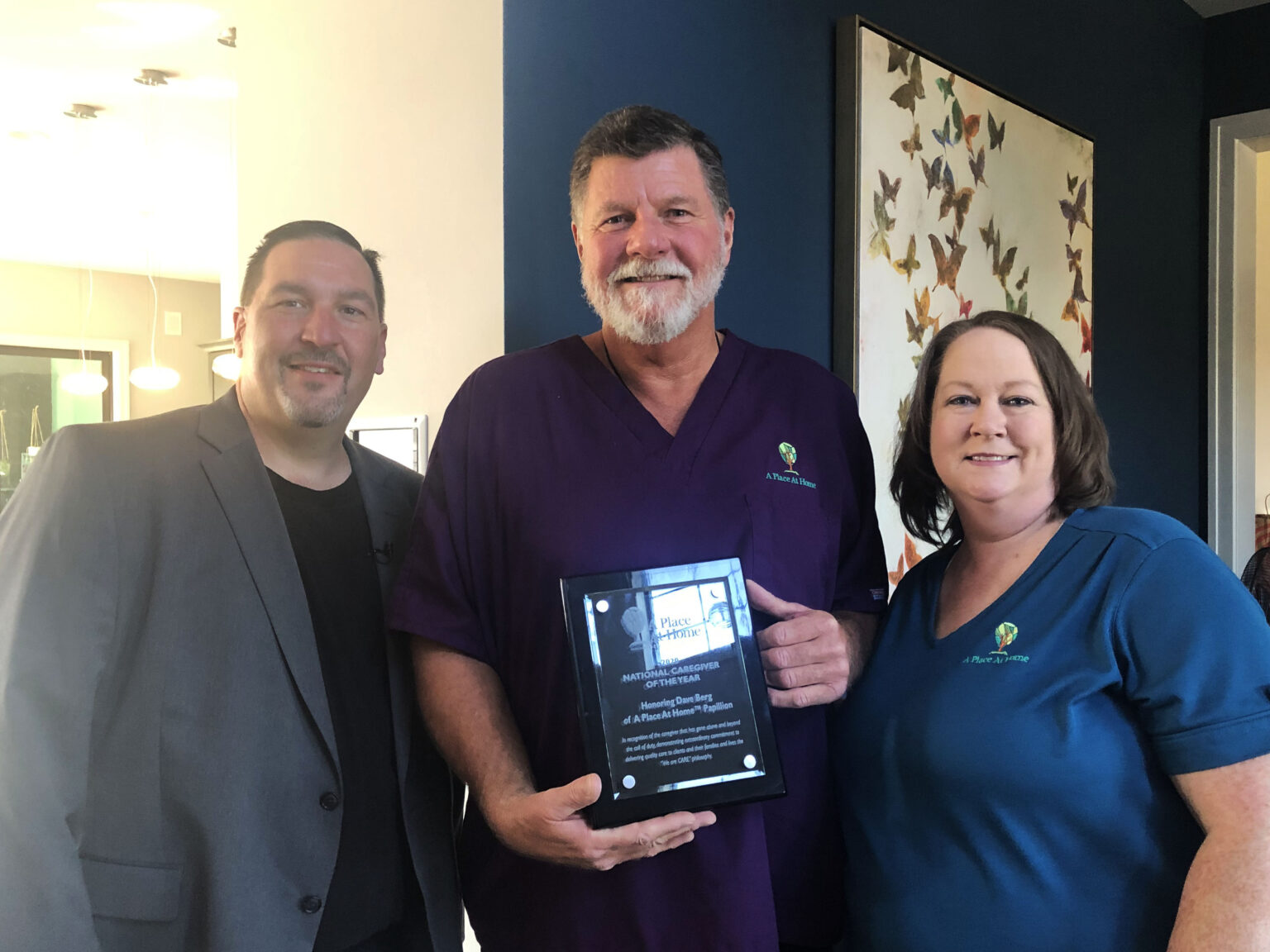The holiday season is the most momentous time of the year as families, both near and far, gather to celebrate and rejoice in the festivities. As we roll from Thanksgiving into the holiday season, more and more time is spent with family. However, while this time may be full of joy and merriment, it can also show apparent changes with your loved ones — changes that may be early signs of dementia and Alzheimer’s.
As we continue to gather with family, it is important to familiarize ourselves with the early signs and symptoms of dementia. Dementia is defined as a loss of memory, language, problem-solving, and other thinking abilities that are severe enough to interfere with daily life — Alzheimer’s being the most common form of dementia.
Signs of Dementia to Look for During the Holiday
Memory loss
While forgetting someone’s name from time to time is normal, forgetting important events or recently learned information is a sign of memory loss. Asking the same questions or repeating a story multiple times are signs as well. The primary indicator is if your loved one is unable to recall the information later on.
Struggle with Familiar Tasks
Getting lost in familiar areas, forgetting to turn off the stove, neglecting to brush one’s teeth, or inability to recall the ingredients to the famous family recipe show struggle with tasks that were once handled gracefully and with ease.
Uncharacteristic Distancing
Engaging in conversation, hobbies, and social activities becomes a struggle for those living with dementia, as remembering names or the rules of a game or simply holding a conversation becomes difficult. As a result, a person living with dementia tends to withdraw from social interaction.
Misplacing Items
Alongside memory loss, losing or misplacing items may become more frequent. For example, a loved one may pick up an item and place it in an unusual or wrong place without being able to retrace their steps.
Difficulty with Words
The inability to think of the correct word or continue their sentence is often a telltale sign of dementia. You may find your loved one struggling with vocabulary or referring to something with the wrong name. For example, referring to wine as “pressed grapes” or a watch as a “wrist clock.”
Poor Judgement
As dementia affects logical decision-making, your loved one may experience a decline in judgment, which is a concern for safety. Crossing a busy road without checking to see if it’s safe, falling victim to a phone scam, neglecting to pay bills, or careless spending are significant signs of a decline in judgment.
Shifts in Personality
Individuals living with dementia may experience a shift in mood and personality. Your loved one can become confused, anxious, suspicious, and irritable as regulating and controlling emotions become more difficult.
Early detection of dementia is crucial to getting the proper care and treatment for your loved one. A Place At Home has supported families and individuals living with dementia for over a decade. Our professional and compassionate caregivers are empathetic and educated in the mental and physical care needs of those diagnosed with Alzheimer’s Disease and other dementias. If you’re feeling overwhelmed by your situation or are seeking senior care, please reach out to us. We are here to help.
Related Articles:
The Alzheimer’s Association
Alzheimer’s Association Facts & Figures
The Seven Stages of Alzheimer’s Disease – Dr. Reisberg
8 Ways to Help a Loved One With Alzheimer’s
4 Tips for Reducing Alzheimer’s Stigma
9 Signs Your Loved One Needs Memory Care
Understanding the Potential Link Between Stress and Alzheimer’s Disease
10 Tips for Navigating the Holidays and Alzheimer’s



